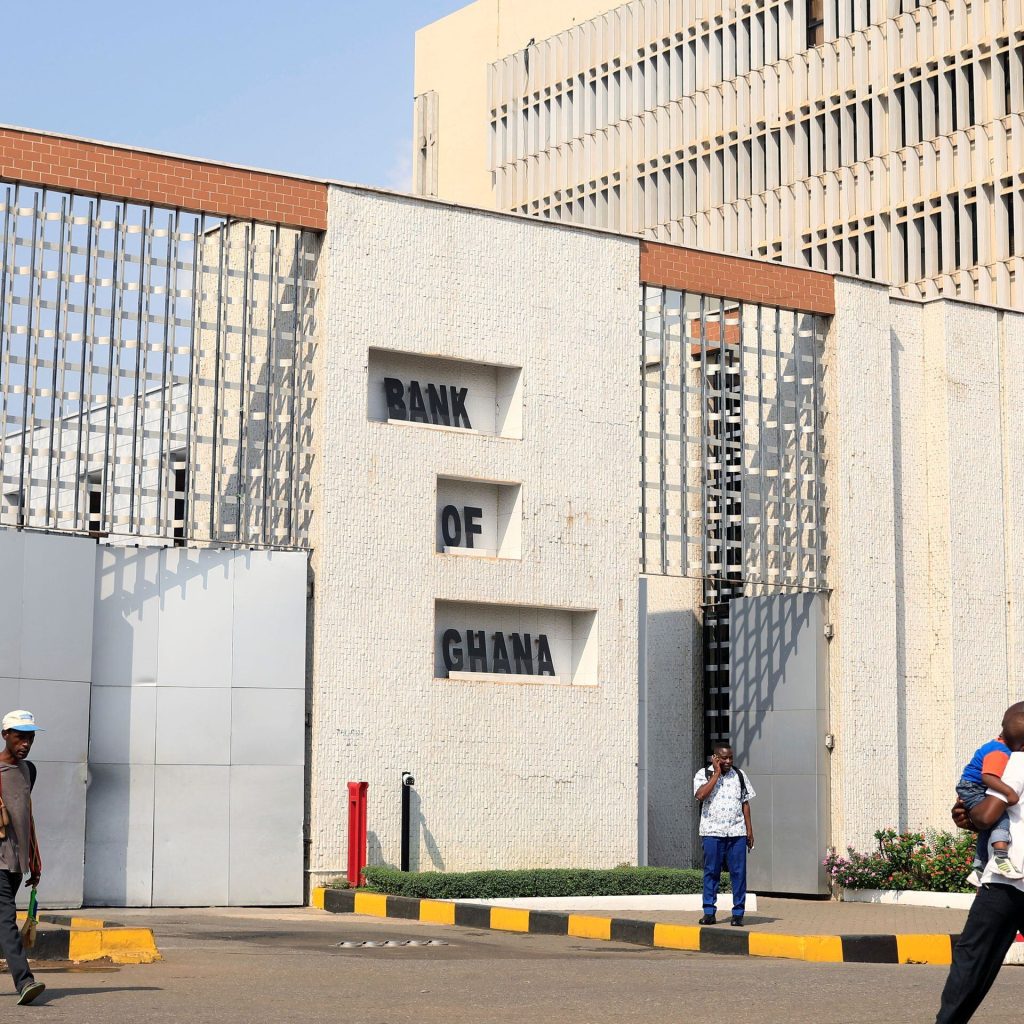The sudden closure of Signature Bank has sent shockwaves throughout the financial industry. It’s become apparent that US regulators were investigating the bank’s dealings with cryptocurrency clients before it was seized over the weekend.
Anonymous sources familiar with the matter say that the Justice Department and the Securities and Exchange Commission were looking into whether the New York-based bank had taken adequate measures to prevent potential money laundering by scrutinizing account openings and monitoring transactions for signs of criminality.
Investigations into Signature Bank’s alleged misconduct
Signature Bank was known for its cryptocurrency-friendly approach, lending money to firms in the digital asset space and facilitating crypto-to-fiat transactions via its Signet network.
Nevertheless, its alleged misconduct had been under investigation before its sudden closure, making it the third bank to close in a week and the third-largest bank failure in US history.
Despite the investigations, Signature Bank, its staff, and executives have not been accused of any wrongdoing. A class-action lawsuit has been filed against the bank and its former executives, alleging that they claimed the bank was financially strong just days before it was closed.
Regulators denying banking access to crypto companies
Industry insiders suggest that the closure of Signature Bank is part of a trend of regulators denying banking access to cryptocurrency companies.
Although the New York Department of Financial Services denied that the decision to close the bank had anything to do with crypto, insiders point to recent statements from regulators that indicate a de facto ban on dealing with all crypto companies.
Signature Bank’s closure has caught many by surprise, including those who worked there. Its cryptocurrency-friendly approach had earned it a reputation as a leader in the space.
However, the investigations and subsequent closure have highlighted the challenges that cryptocurrency companies face in accessing traditional financial services.
It’s unclear when the investigations began and what effect, if any, they had on the recent decision by New York state regulators to close the bank.
Despite the uncertainty, the closure of Signature Bank has sent a clear message that regulators are taking a closer look at cryptocurrency-related activities and are willing to take action if they believe there are risks of money laundering or other financial crimes.
The closure of Signature Bank has raised concerns about the access that cryptocurrency companies have to traditional financial services. It remains to be seen whether other banks will follow Signature Bank’s fate, but it’s clear that regulators are closely scrutinizing the industry and are willing to take action if necessary.





